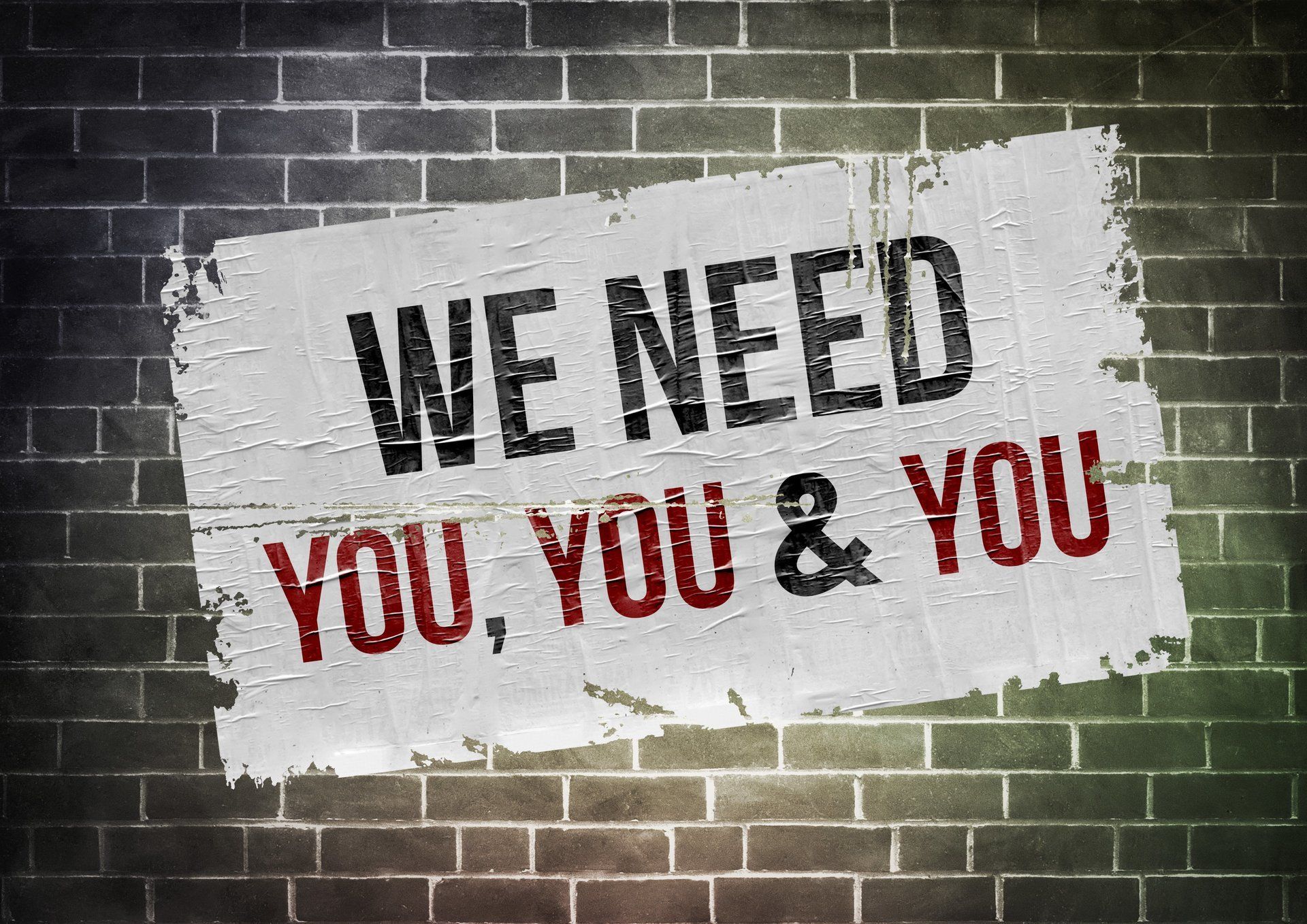Solving money problems
Gabor Balint • 17 June 2020
Where to find your inspiration and strength to avoid false choices

I don’t know if you have noticed recently how widespread the practice of snap judgement has become, increasingly driven by binary, false choices that divide and pit ideas and people against each other. Why, you might ask, am I saying this in a financial literacy blog? Well, because I almost always take the human being and their decision as a starting point, whatever the situation, and I am worried that applying the same framework to personal decisions with a financial consequence will inevitably lead to bad outcomes.
So, I think the time has come to talk about how you can find strength to overcome this false and toxic approach, what you can do to avoid it and where you can look for help. I have found some inspiration in an unusual place: the BBC World Service series ‘13 Minutes to the Moon’, the story of Apollo 13, marking its 50th anniversary earlier this year. This is actually my first suggestion: look for and find inspiration in unexpected places. The main characteristics and driving forces behind our decisions are pretty constant, regardless whether the issue to solve is a space mission gone wrong or a personal finance decision.
Secondly, be prepared. Things go wrong in life, that’s one constant. There are many, many things outside your control. If, however, you recognise these, you can actually start to think about how you would respond if something went wrong. Let’s say you work in finance, like I did. You know this is a highly competitive industry, as it probably took you quite an effort to get into it. My early conclusion in the late 90-ies was that no-one is indispensable and everyone is replaceable. I was always prepared, therefore, to lose my job and this, in turn, has played a role in my attitude to make preparations for this both mentally and financially. The same applies to virtually every job. Taking things for granted will lead you to a false sense of security. Instead, entering things with - as they say - ‘your eyes open’ enables you to be prepared for various eventualities.
Next, plan, and try to keep to it to the extent possible, whilst also retaining some flexibility. Many of you might prefer the less structured and more impulsive approach but, again, if you see plan v. impulsive as a binary choice, you are sucked into a false choice. What you do in life and what happens to you in life is virtually never binary, despite the ability of Artificial Intelligence programmers and algorithm writers to distil it into ones and zeros/yeses and nos. You might be surprised to learn that plan and impulse can actually happy co-exist; one doesn’t have to be to the detriment of the other. You might just have times and activities that call for a plan and times and activities that call for more impulse. Like people working on rescuing Apollo 13, you need to be able to go to the right place for the right information and be able to apply the right attitude.
What has really inspired me on Apollo 13 was that Aquarius, the landing module, actually became a ‘life-boat’ instead until the crew managed to solve the problem and move back into their command module. This meant that they were able to utilise something that originally was designed to perform a completely different role and re-purpose it for their new situation. How often do we face similar –admittedly less life and death – situations, when suddenly we have an external development that seems to blow us off course entirely? Here is the opportunity to be brave and find your strengths inside yourself: instead of immediately responding and taking reckless action, pause for a second and take stock of what you have. You will be surprised at the depth and richness of your experience and resources even if at first glance or originally they were for different purposes.
Lastly, make good use of people around you who can help. Apollo 13 would not have been able to make it back without enormous team work. Luckily, you don’t need a rocket scientist to help you with personal decisions and financial matters. Your strength comes from two sources: your readiness or openness to ask and your ability and willingness to evaluate responses. Don’t be afraid to learn about financial products and money, get some tuition that’s personalised to you. It’s pretty cheap and will be the best money you ever spend in the long-run, helping you understand how take better, conscious decisions, how to find resources and information and how to manage your relationship with money. Probably, you will also be surprised at the perspectives people in your circle of friends and family can offer. They will be happy to be asked and pleased at being able to help you crystallise your thoughts. I am not saying ‘the crowd always gets it right’, far from it, particularly if we believe that ‘the crowd’ equals loud people saying binary, simplistic things. No, what mean is that I am convinced that it’s better if you collect views and thoughts, work through the complexity and marshal your rational and emotional strength consciously towards decision making. Heaven forbid, for us Brits, this might even lead to being able to start talking about money matters as comfortably as we talk about the weather.









